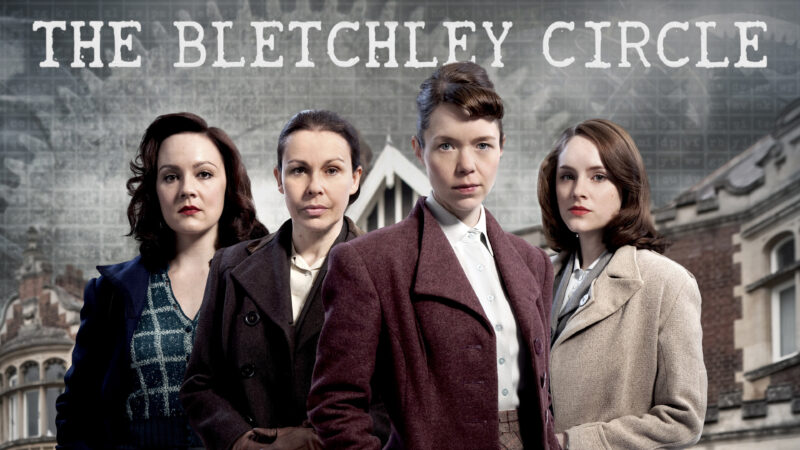🎬🎬 Poison Ivy (1992)

Poison Ivy (1992): A Sultry, Subversive Thriller
Poison Ivy (1992), directed by Katt Shea, is a provocative and unsettling erotic thriller that delves into themes of manipulation, desire, and family dysfunction. Starring Drew Barrymore in a breakout role as the seductive and cunning Ivy, the film explores the dark undercurrents of a seemingly idyllic suburban family, unraveling their secrets with a slow-burning intensity.
Plot Overview

The story centers on Ivy (Drew Barrymore), a rebellious and alluring teenager who, after living with her aunt, moves in with her friend Sylvie Cooper (Sara Gilbert) and her affluent but troubled family. Sylvie’s mother, Georgie (Cheryl Ladd), is frail and battling illness, leaving her unable to fulfill the emotional or physical needs of her husband, Darryl (Tom Skerritt). Sylvie’s relationship with her parents is strained, marked by isolation and unspoken tensions. Into this fragile dynamic steps Ivy, whose charm and calculated sexuality begin to disrupt the household.
Ivy quickly ingratiates herself with the Coopers, forming a bond with Sylvie while subtly seducing Darryl. As her influence grows, Ivy’s manipulations escalate, exploiting Georgie’s vulnerability and Darryl’s dissatisfaction. To Sylvie’s horror, Ivy’s seduction of her father threatens to tear the family apart, leading to a series of shocking and tragic events. The film masterfully blends psychological drama with erotic tension, keeping viewers on edge as Ivy’s true intentions unfold.
Performances and Characters

Drew Barrymore’s portrayal of Ivy is nothing short of magnetic. At just 17, Barrymore delivers a performance that balances innocence with menace, making Ivy both captivating and chilling. Her ability to shift from vulnerable teen to femme fatale showcases her early talent and sets the stage for her future success. Sara Gilbert, as Sylvie, provides a grounded counterpoint, portraying a reclusive teen grappling with her family’s unraveling and her own conflicted feelings toward Ivy.
Cheryl Ladd brings depth to Georgie, whose illness and emotional fragility make her a tragic figure, while Tom Skerritt’s Darryl is convincingly flawed, torn between duty and temptation. The chemistry among the cast amplifies the film’s tension, particularly in scenes where Ivy’s manipulations blur the lines between affection and predation.
Themes and Style

Poison Ivy explores themes of power, betrayal, and the destructive allure of forbidden desire. Ivy, as the titular character, embodies a dangerous temptation, using her sexuality to exploit the weaknesses of those around her. The film also touches on class dynamics, as Ivy’s outsider status contrasts with the Coopers’ wealth, highlighting her hunger for belonging and control.
Visually, the film embraces a moody, sensual aesthetic, with dim lighting and intimate framing that underscore its psychological depth. The pacing is deliberate, allowing the tension to build gradually as Ivy’s influence tightens its grip. While some critics at the time dismissed the film as exploitative, its nuanced exploration of manipulation and fractured family dynamics elevates it beyond typical erotic thriller fare.
Reception and Legacy
Upon release, Poison Ivy received mixed reviews, with some praising its bold performances and others critiquing its provocative subject matter. Over time, however, it has gained a cult following, particularly for Barrymore’s standout role and its unapologetic dive into taboo themes. The film’s exploration of female agency, albeit through a morally ambiguous lens, resonates with audiences who appreciate its subversive edge.
Conclusion
Poison Ivy (1992) remains a compelling and polarizing entry in the erotic thriller genre. With Drew Barrymore’s mesmerizing performance at its core, the film weaves a tale of seduction and betrayal that lingers long after the credits roll. For those drawn to dark, character-driven dramas, Poison Ivy is a captivating study of desire’s destructive power.





